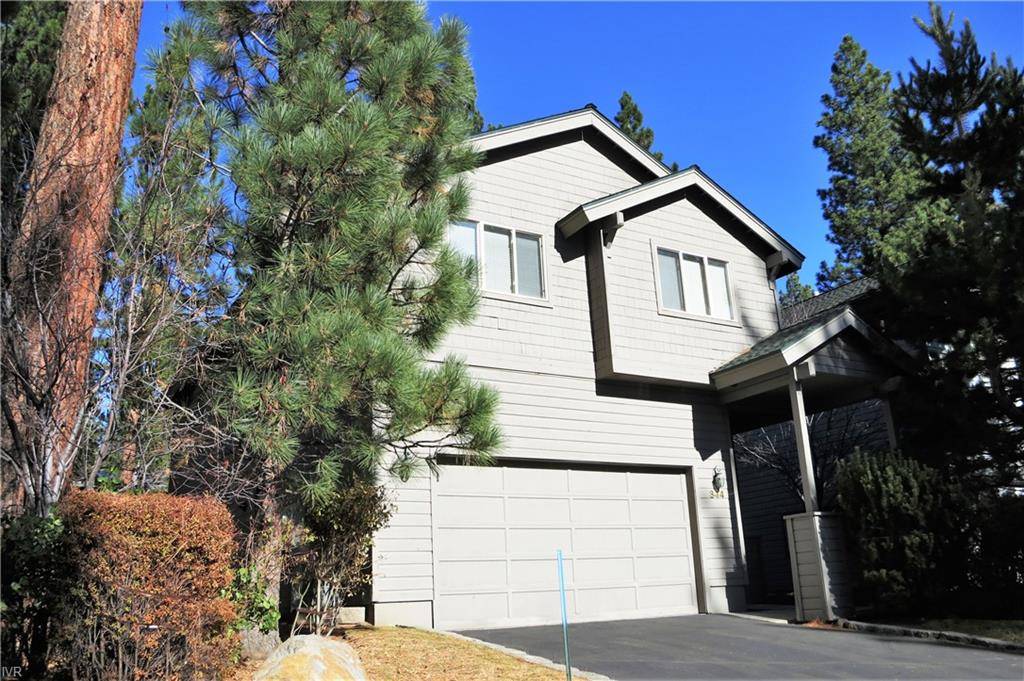
No home is perfect, and the one you’re buying may need repairs. What can you reasonably ask the seller to fix? When is the best time to discuss repairs? If you need to delay a repair until after closing, how can you make sure that the work gets done? Read on for tips to guide you through the process.
What Is a Reasonable Repair Request?
You should not request nonessential repairs. Your focus should be on safety and saving yourself large expenses. Start by commissioning a full inspection. Choose a well-qualified, experienced inspector to assess wiring and electrical systems, heating systems and piping and the entire house structure.
Note that an inspector will not look for wet basements and probably will not fully assess roofing. Ask your inspector what they will check, and clarify what you expect them to cover. You may have to hire specialists for extra inspections, such as for roofing or sewer pipes, but these could be worth it. Any repair that would cost you over a thousand dollars is probably a reasonable request.
When Is the Best Time to Make Requests?
Make all your requests well before closing, because your aim should be having all repairs done by then. Real estate agents will advise you to complete your inspections as soon as possible so that you can make the request and at least get repairs started — preferably finished — before closing. If repairs are completed before closing, you can ask the inspector to check them.
Sometimes, however, repairs take place after closing. Be very careful to have the promises for repairs fully documented and signed by the seller. You can write your own repair request, but a real estate lawyer is the best person for the job. Make sure that your repairs are covered in one of three ways:
§ The seller has provided a lump sum to cover repair costs.
§ The seller has prepaid contractors for the repairs.
§ The seller has put money in trust or escrow for repairs, and there is a written agreement detailing exactly what repairs will be covered.
Why Do Sellers Agree to Repairs?
Sellers often agree to repairs because, once a fault has been spotted by your inspector, the fault becomes material. That means that if the seller refuses to pay for repairs and you decide not to buy the house, the seller must now tell any future buyers about the fault. Sellers would rather fix the faults and ensure a sale.
Common Repair Requests
The following requests are typical:
§ Rewiring. It is very common to request complete rewiring. Some sellers will agree. The job is expensive, however, and many sellers flatly refuse.
§ Sewage pipes. Wise buyers request a sewage-pipe inspection on older houses. Pipes infested by tree roots or pipes made of tar paper often need replacing. This is also an expensive job, but most sellers will agree to do it.
§ Galvanized water pipes. These pipes are often affected by buildup of mineral residue from water, which can cause water-pressure issues. Galvanized water pipes also tend to suffer from leaks and rust. It is reasonable to ask for faulty pipes to be repaired, and the seller will often agree. It is not reasonable to ask for the entire home to be repiped.
§ Roofing. Sellers often commission a roofing certificate, which tells the buyer that the roof is in good condition. If the roof needs repairs, they must be done in order to get the certificate. If extensive work is needed, sellers may prepay for repairs or offer cash credit for repairs.
What Is Cash Credit?
If a seller offers you cash credit in lieu of
a repair, ask your mortgage lender if this is within their terms. Some lenders will not allow a buyer to accept cash credit.
Ask for a Home Warranty
Buyers should ask sellers to pay for a one-year home warranty, which will cover any major defects in the home. Most sellers are happy to pay for this.
What If the Seller Refuses to Pay for the Repairs?
Decide whether you can cover the costs of repairs. Also, check whether lack of repairs will adversely affect your loan or mortgage. You must decide for yourself whether the house is really worth this extra hassle.
No Unreasonable Requests
As long as you are not making unreasonable requests, it is in the sellers’ best interest to pay for repairs. As a buyer, your ideal scenario is to have all repairs completed upon closing. However, sellers cannot always finance repairs until they have sold the home. Be patient with the seller, but do not shy away from getting what you deserve. The key is to have trustworthy, experienced inspectors and lawyers to make the process go smoothly.
Source: realtor.com®
To access all the Incline Village and Lakeshore Realty listings please click here. You can also contact us by email or call us at 775-831-7000. If you are in Incline Village, please visit us at 954 Lakeshore Blvd. Incline Village, NV 89451.







